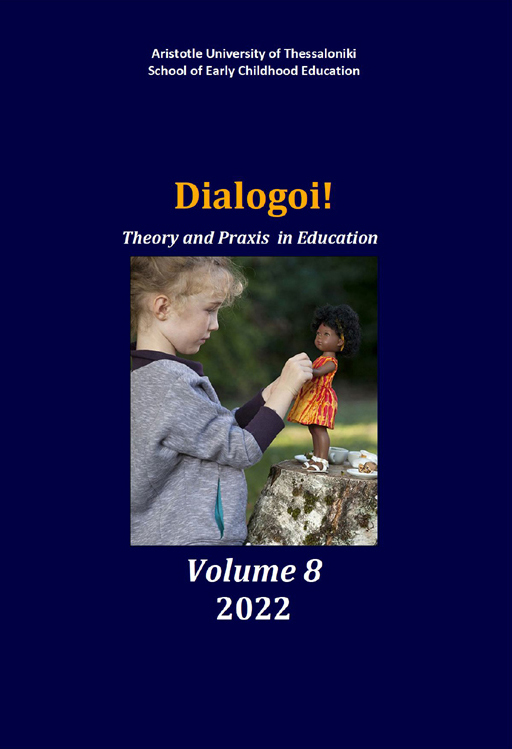Adaptation of John Kotter's theoretical model of organizational change, for the introduction and implementation of educational policies

Abstract
The design and implementation of educational policies, in centralized educational systems, such as the ones of Greece and Cyprus, are issued almost exclusively by the state. The literature has demonstrated that many of the educational policies introduced are either poorly implemented or fail completely, mainly because of inadequate planning, lack of vision and the absence of educational partners from the relevant process. Although in the Greek language literature a research-evaluated, theoretical model of educational policy planning and implementation, is completely absent, in the wider literature a significant number of research, has studied how organizational change models are utilized, for reforms in educational contexts. In this article, we first refer to the educational systems of Greece and Cyprus as well as the reasons that may be responsible for the poor results in relation to the implementation of educational policies. We then analyze and adapt in the context of the implementation of educational policies, one of the most widespread and applied models of organizational change, that of John Kotter.
Article Details
- How to Cite
-
Keravnos, N. (2022). Adaptation of John Kotter’s theoretical model of organizational change, for the introduction and implementation of educational policies. Dialogoi! Theory and Praxis in Education, 8. https://doi.org/10.12681/dial.28003
- Issue
- Vol. 8 (2022)
- Section
- New researchers

This work is licensed under a Creative Commons Attribution-NonCommercial-ShareAlike 4.0 International License.
Authors who publish with this journal agree to the following terms:
- Authors retain copyright and grant the journal right of first publication with the work simultaneously licensed under a Creative Commons Attribution Non-Commercial License that allows others to share the work with an acknowledgement of the work's authorship and initial publication in this journal.
- Authors are able to enter into separate, additional contractual arrangements for the non-exclusive distribution of the journal's published version of the work (e.g. post it to an institutional repository or publish it in a book), with an acknowledgement of its initial publication in this journal.
- Authors are permitted and encouraged to post their work online (preferably in institutional repositories or on their website) prior to and during the submission process, as it can lead to productive exchanges, as well as earlier and greater citation of published work (See The Effect of Open Access).


